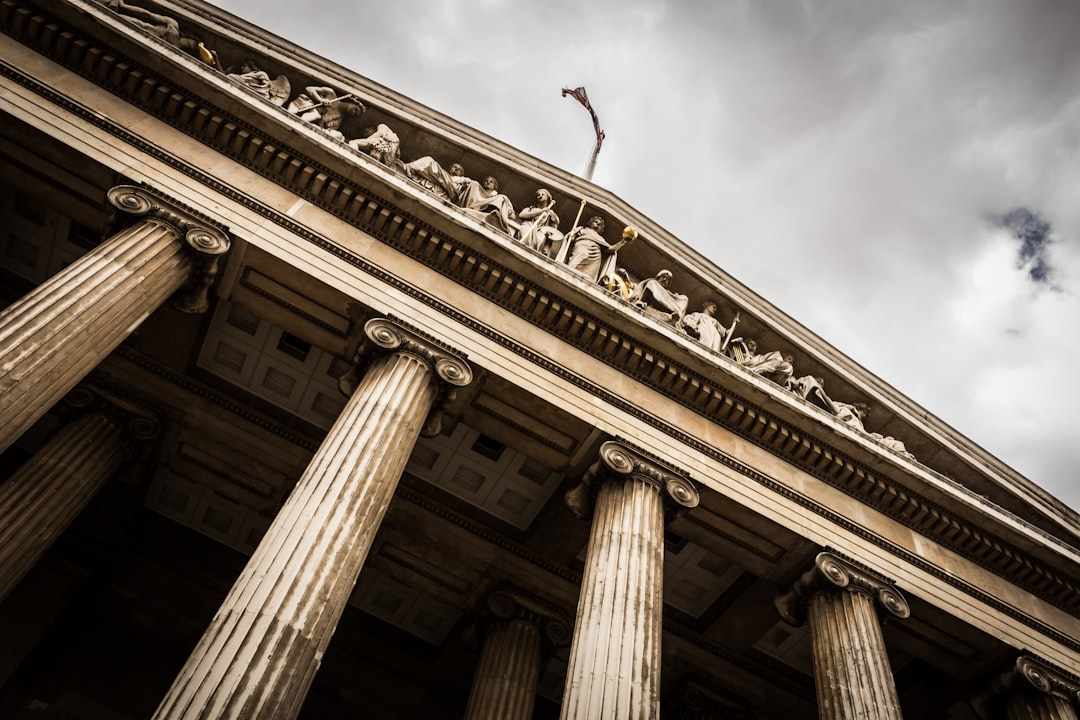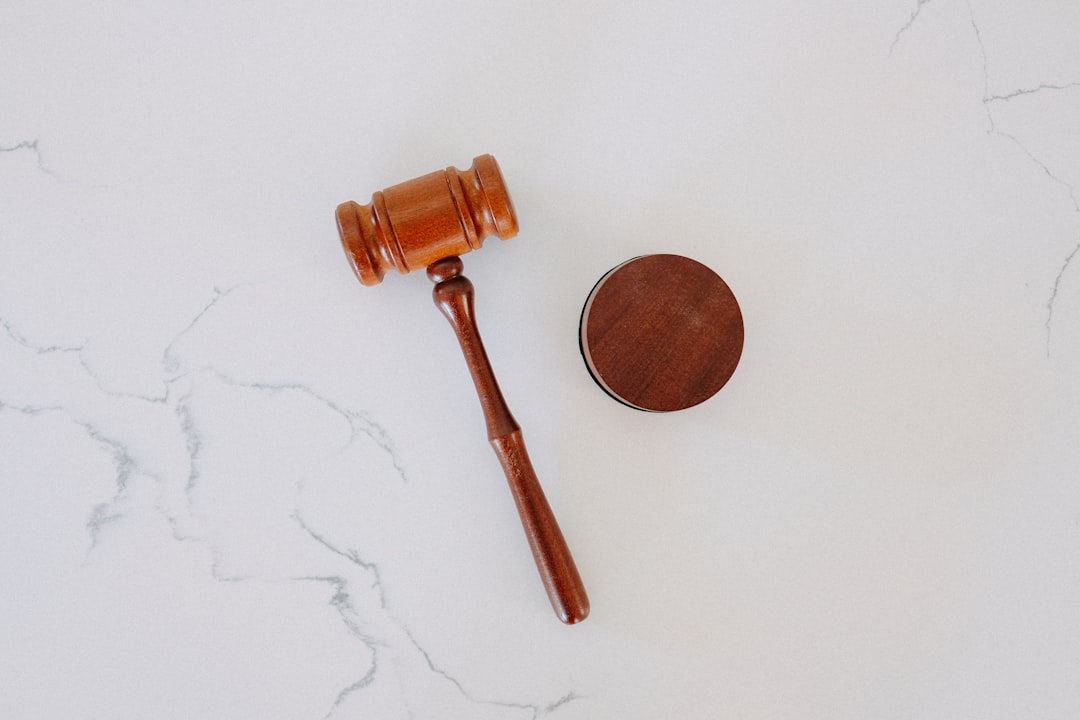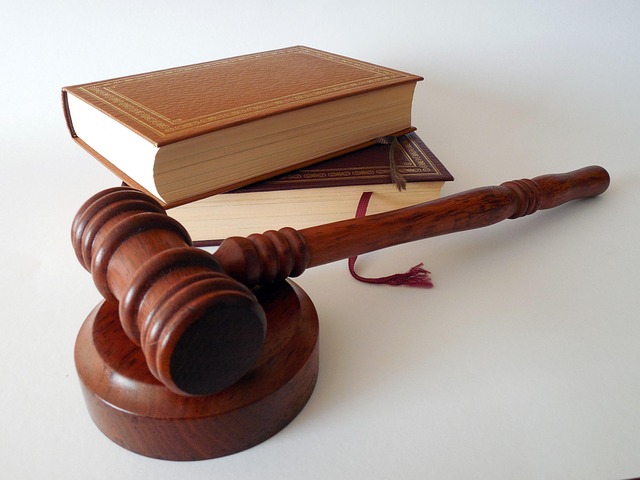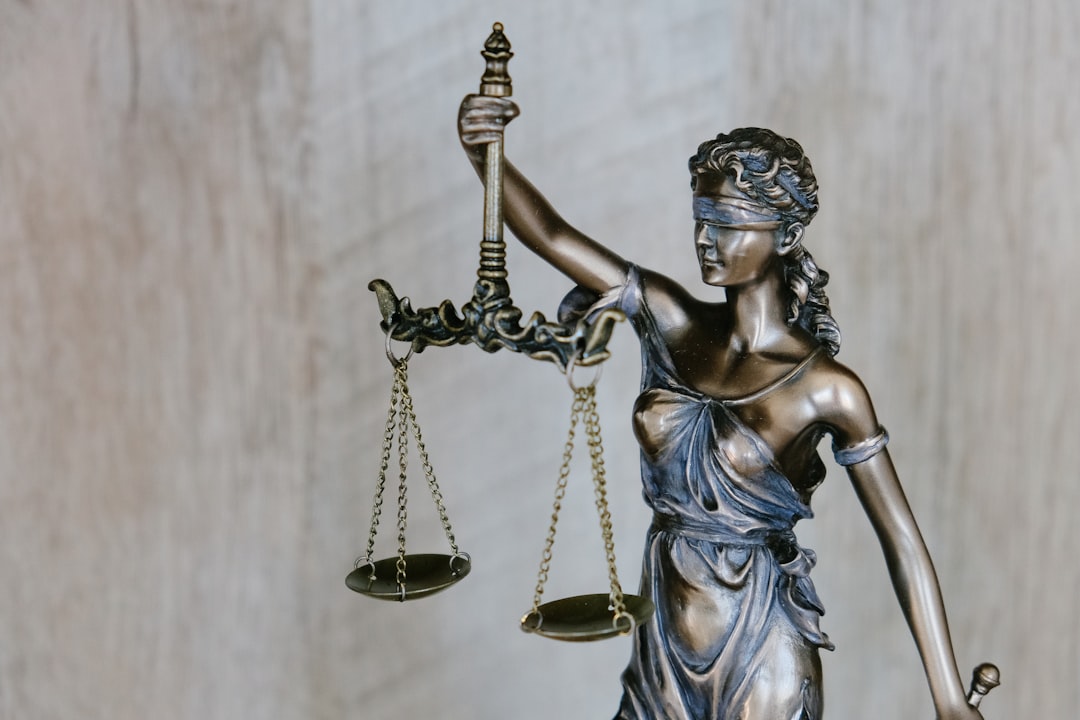In Dallas, Texas, sexual assault victims benefit from a robust legal system. Reporting the crime to law enforcement initiates the process, with a rape lawyer in Dallas TX guiding victims and protecting their rights. Evidence preservation is critical—collecting and documenting physical (DNA, medical records) and digital (security footage, text messages) evidence for trial. Skilled rape lawyers in Dallas TX navigate unique challenges of digital and medical evidence, ensuring proper handling and admissibility. Strategic documentation and evidence techniques build strong cases, leading to justice for victims.
In Dallas, sexual assault cases are complex and require meticulous evidence preservation. Understanding the legal process and the crucial role of evidence in criminal proceedings is essential for justice. This article explores these aspects, focusing on common types of evidence in rape cases, including digital and medical records. It delves into challenges faced by a rape lawyer Dallas TX in handling such evidence effectively, providing strategies to ensure its integrity and admissibility in court.
Understanding the Legal Process in Dallas Sexual Assault Cases

In Dallas, Texas, sexual assault cases are taken seriously, with a comprehensive legal process designed to protect victims and ensure justice. Understanding this process is crucial for anyone considering pursuing legal action after a traumatic event. The first step involves reporting the incident to law enforcement, who will document the evidence and initiate an investigation. A rape lawyer in Dallas TX can guide victims through this phase, ensuring their rights are protected and all relevant evidence is preserved.
The legal journey continues with the filing of charges, followed by pretrial proceedings where both parties gather and present evidence. This includes medical records, forensic reports, and witness statements. Preserving this evidence is paramount as it forms the backbone of the case during trial. A skilled rape lawyer in Dallas TX will employ strategic methods to safeguard this evidence, ensuring its admissibility in court.
The Role of Evidence Preservation in Criminal Proceedings

In criminal proceedings, especially in cases as sensitive and serious as sexual assault, evidence preservation plays a pivotal role. As a rape lawyer in Dallas, TX, understands, the integrity and proper handling of evidence are crucial for achieving justice. Failure to preserve relevant and admissible evidence can significantly hinder a case’s outcome, potentially leading to delays or even dismissals. This is particularly true in sexual assault cases, where timely collection and preservation of evidence can make all the difference in supporting a victim’s claim.
Evidence preservation ensures that the facts surrounding an incident are accurately represented in court. It involves a meticulous process of collecting, documenting, and storing physical and digital evidence related to the alleged assault. This includes medical records, forensic reports, photographs, witness statements, and any other material that can corroborate the victim’s account. A rape lawyer in Dallas, TX, will guide clients through this process, ensuring that every piece of evidence is handled with care and according to legal protocols, ultimately strengthening the case for justice and accountability.
Common Types of Evidence in Rape Cases

In Dallas sexual assault cases, preserving evidence is paramount for a successful prosecution. Common types of evidence in rape cases include physical evidence such as DNA samples from clothing or bodily fluids, medical records detailing injuries, and forensic photographs capturing the scene. These tangible pieces of information can provide compelling proof and help secure convictions.
Additionally, digital evidence like security footage, text messages, or social media communications can serve as crucial backing for the victim’s account. A rape lawyer in Dallas TX will often gather and analyze these various forms of evidence to build a robust case that protects the rights and interests of the survivor while seeking justice against the perpetrator.
Challenges in Preserving Digital and Medical Evidence

Preserving evidence in sexual assault cases, particularly digital and medical records, presents unique challenges for both legal professionals and investigators. Digital evidence, such as cell phone data, social media posts, and security footage, can be easily altered or deleted, making it crucial to secure this information promptly after a suspected rape. A skilled rape lawyer in Dallas, TX, understands the urgency of preserving these digital remnants, which could be pivotal in building a strong case.
Medical evidence, including examination reports and DNA samples, requires careful handling and storage to maintain its integrity. The process of collecting and preserving this evidence must adhere to strict protocols to ensure it remains admissible in court. Legal professionals must work closely with medical professionals and experts to navigate the complexities of these procedures, ensuring that every step is documented and followed precisely, especially given the sensitive nature of sexual assault cases.
Strategies for Effective Evidence Handling by a Rape Lawyer Dallas TX

When it comes to handling evidence in sexual assault cases, a skilled rape lawyer Dallas TX employs strategic approaches to ensure every piece of relevant information is properly collected and preserved. The initial step involves documenting the scene, including taking photographs, collecting physical evidence like clothing or personal items, and recording detailed accounts from the victim. This comprehensive documentation lays a solid foundation for building a robust case.
Additionally, a rape lawyer Dallas TX will instruct clients on proper handling of evidence to avoid any contamination or alteration. This includes storing items in secure containers, maintaining a chain of custody, and ensuring all processes adhere to legal protocols. Such meticulous strategies not only strengthen the credibility of the case but also help secure favorable outcomes for victims seeking justice.






